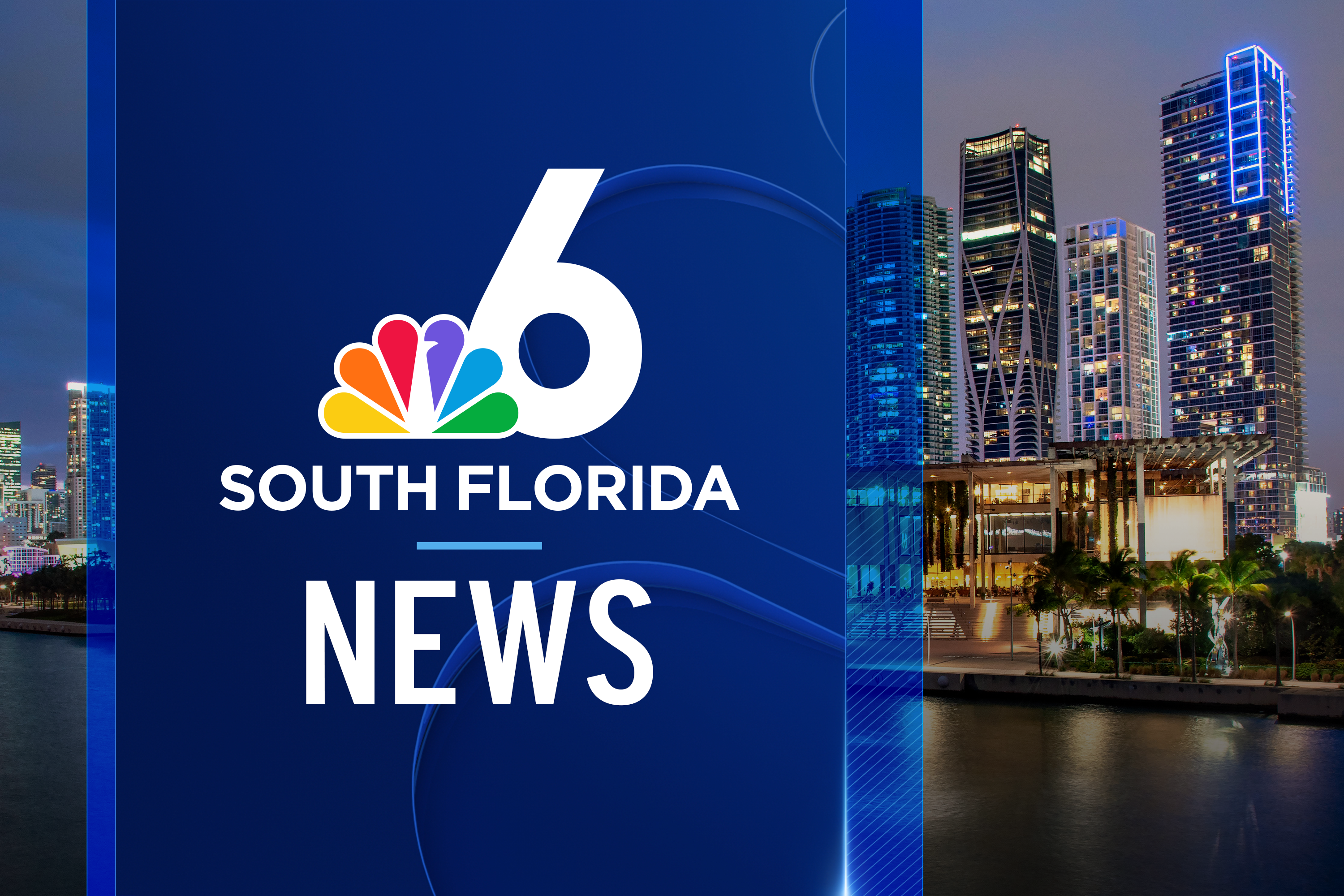The North Miami Beach detective who had a fling with the wife of a man he was investigating for murder avoided forgery charges but will resign from his department, prosecutors said.
Prosecutors couldn't determine whether Detective Ed Hill forged the Miranda rights waiver form signature of murder suspect David Superville, whose wife began an affair with Hill shortly after Superville's arrest in 2007, the Miami-Dade State Attorney's Office told the Miami Herald.
Hill will also give up his law-enforcement certification, the State Attorney's Office said.
“Edward Hill has just decided to move his life in a different direction. We are confident that had the case proceeded to trial, Edward would have been exonerated," Hill's attorney, David Macey, told the Herald. "However, his motivation to move forward coupled with the difficulties of the state being able to prove their case has led to this resolution."
Superville had been arrested on second-degree murder charges in the 2001 killing of James Duarte, who was gunned down outside his North Miami Beach office. Police say the hit man behind the shooting and the man who hired him fled the country, and that Superville led the hit man to Duarte.
Hill later admitted in depositions and in an internal affairs investigation that he had an affair with Superville's wife, Ana Gulevitskaya.
David Macey, Hill's lawyer said: "I think it's a fair resolution for both sides, he's giving up his career in law enforcement. He can never be a police officer again, and the investigation has been closed."
Superville's attorney, Andrew Rier, claimed Hill showed up five days after the arrest and made contact with Gulevitskaya, and the two carried on a sexual relationship from 2007 to 2008.
The relationship between Hill and Gulevitskaya raised a possibility that Hill may have had an ulterior motive to putting Superville behind bars, Rier claimed.
Prosecutors in Miami-Dade dropped the charges against Superville last September after a prosecution handwriting expert agreed with a defense expert that Superville's signature on the Miranda form had been forged. Superville had denied signing the form.
"If we weren't as vigilant as we should be, that form which we all know is a fraud would've been used in trial, and Mr. Superville would've been convicted and sentenced to life in prison. So there has to be some punishment, some powerful message sent to the community that fraudulent evidence will not be tolerated," Rier said.


